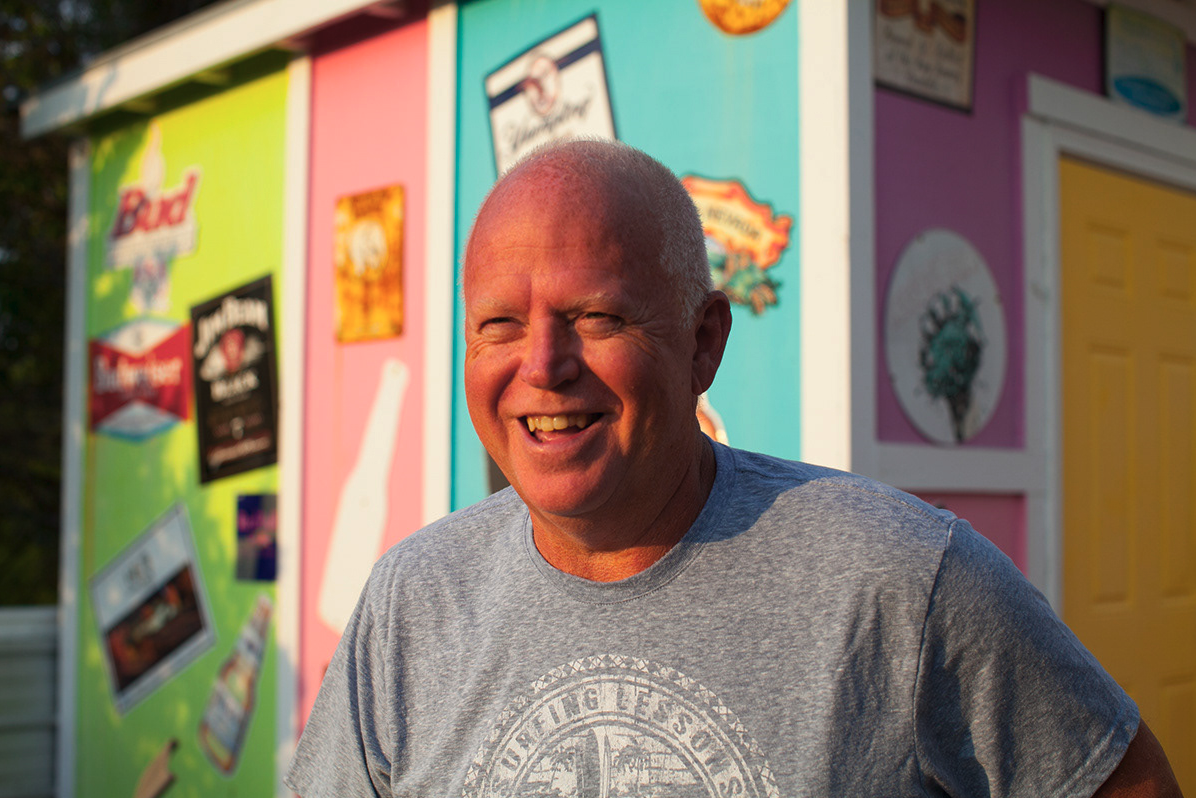Joe, Joseph, José, Papa Joe,
Jumpin Joe, Mr. Joe, Papa C, Dad.
Info. Updates. Visitation schedule. Song request list. All things Joe.
You can jam out with Joe and listen to the playlist here!!! Text me (336-314-1959) your favorite Joe songs and I’ll add them to the list!! We do music therapy for him every day!!
Want to come visit???
Just add your name and the date/time you’re coming in
the form below so we can coordinate, and meet up to hang with Joe!!
Updates
10/03/2025
🚑 Current Phase
Right now, Joe is in what clinicians call the “subacute” phase of recovery:
Past the critical post-op danger zone (the first 1–2 weeks).
Entering a period of neurological healing, edema resolution, and slow stabilization.
⏳ Timeline Expectations
Weeks 4–12 post-injury is often where doctors and families watch closely for emerging consciousness. This can mean first purposeful eye-opening, consistent command-following, or stronger motor responses.
If progress is very slow, the next step is often maintaining health and preventing complications while giving the brain more time (sometimes months) to show its trajectory.
Imaging trends suggest his brain is moving toward a more stable baseline—necessary before recovery can accelerate.
🌱 Recovery Outlook (as of now)
Joe has survived the initial brain injury + complications—that’s already a major milestone.
He is stable enough to transition to long-term recovery settings.
Signs like yawning, toe-wiggling, facial expressiveness mean there’s still activity and some reactivity, which families and doctors watch for as precursors of higher function.
The hard truth: he has not yet shown consistent, purposeful interaction—which is the bridge toward meaningful rehab.
📌 Bottom line: Joe is in the early subacute recovery stage, about one month out. He’s past the immediate crisis, now in the fragile, slow-healing phase. This stage is about stabilizing, preventing setbacks, and giving the brain the time and stimulation it needs to declare whether recovery potential will emerge. Families often find this the hardest part—because it’s waiting, not knowing. But the presence of even small, repeated signs of reactivity is a reason to keep supporting him.
